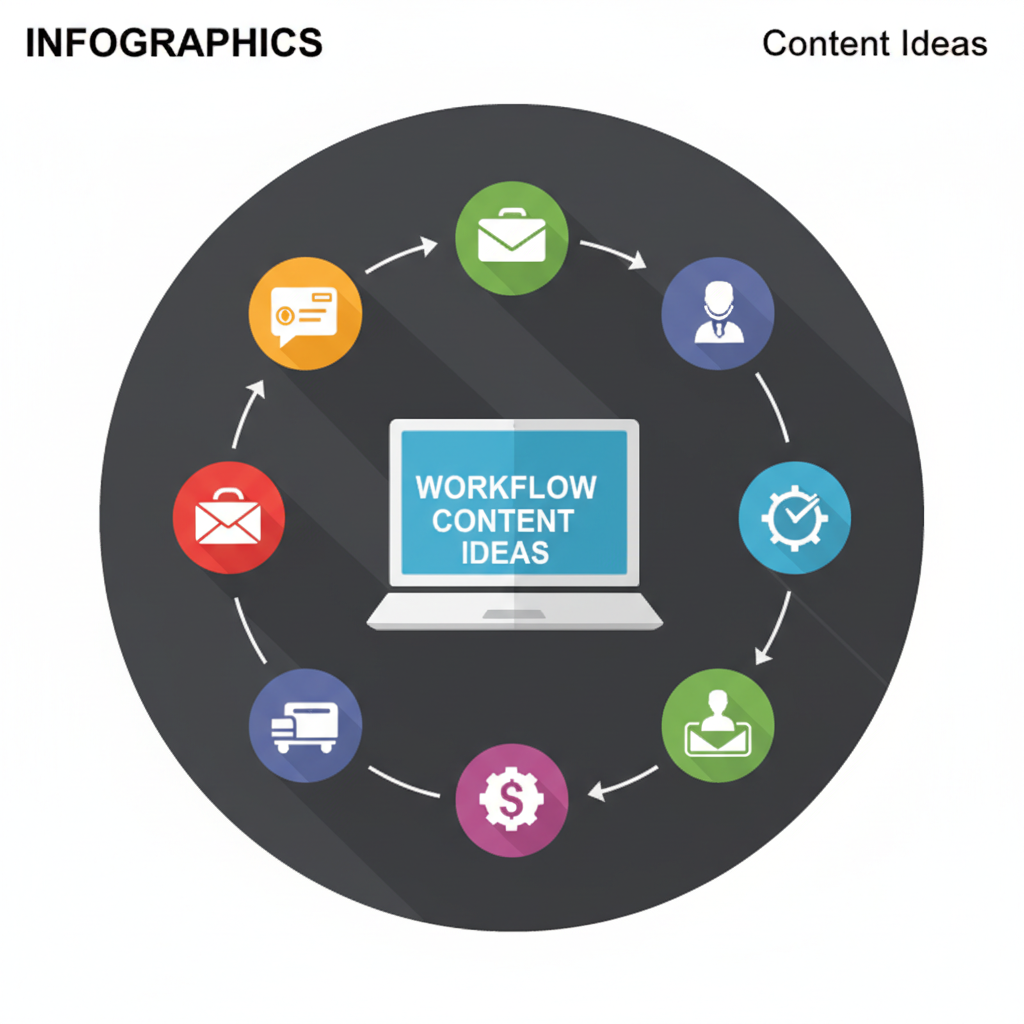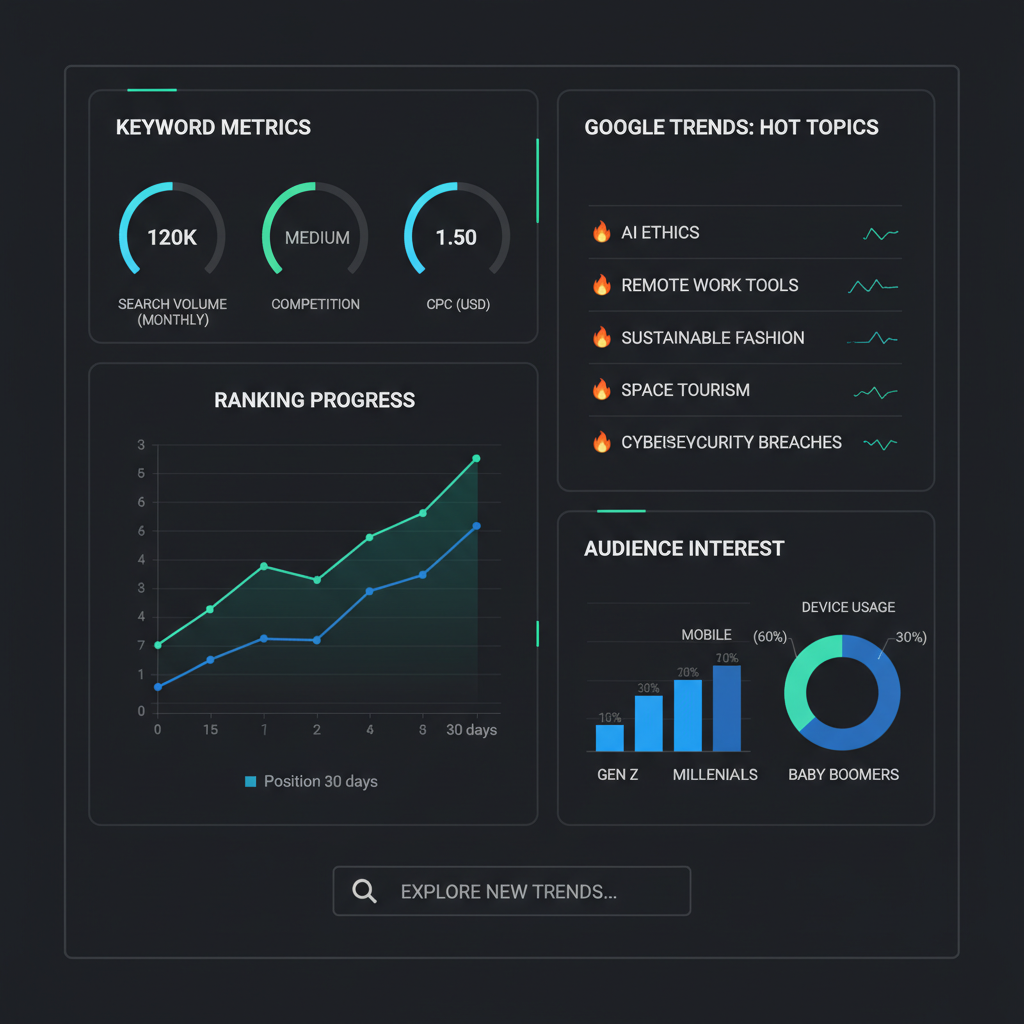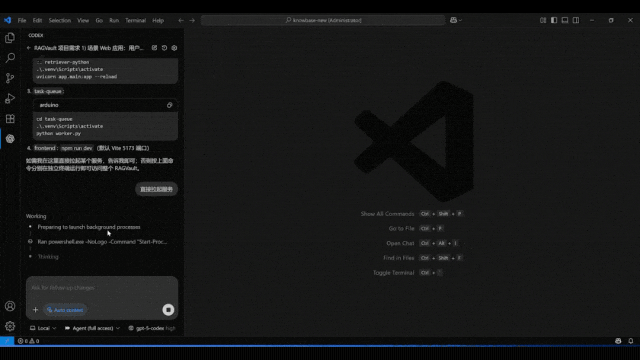Find Content Ideas That Engage Your Target Audience
Learn strategic methods to research your audience, analyze competitors, and use trends to find engaging content ideas that drive targeted traffic.

Find Content Ideas That Engage Your Target Audience
Finding content ideas that engage your audience is more than a burst of inspiration—it’s a strategic process that blends audience research, trend analysis, and creative repurposing. In today’s competitive digital environment, businesses need consistent, relevant topics to maintain visibility and authority. This guide outlines proven strategies to find content ideas that spark genuine interest and drive engagement, helping you create high-performing blog posts, videos, or social media campaigns.

---
Define Your Audience’s Demographics, Needs, and Pain Points
Before creating any content, start with a precise understanding of your audience.
Key demographic factors to identify:
- Age range
- Gender
- Location
- Education level
- Occupation and income bracket
Beyond demographics, explore psychographics—attitudes, hobbies, values—and document pain points the audience struggles with. Sources for gathering this data include:
- Existing customer profiles
- Surveys and polls
- Analytics platforms (Google Analytics, social media insights)
By aligning topics with specific challenges and desires, you gain relevance, trust, and higher engagement.
---
Research Relevant Keywords Using SEO Tools
Keyword research connects your topics to what people actively search for online. Start with reputable free and paid tools:
Free tools:
- Google Keyword Planner
- AnswerThePublic
- Ubersuggest (limited free version)
Paid tools:
- Ahrefs
- SEMrush
- Moz Keyword Explorer
Focus on keywords with medium to high search volume but lower competition. These “sweet spot” terms often yield better rankings and targeted traffic.
---
Analyze Competitor Content for Gaps
Competitor analysis uncovers what works in your niche—and what’s missing. Review their blogs, YouTube channels, and social platforms to identify:
- Topics with strong engagement rates
- Unanswered questions in comments
- Formats they excel at—or ignore
Document observations with a gap analysis:
| Competitor | Strengths | Weaknesses | Opportunities |
|---|---|---|---|
| Competitor A | In-depth case studies, strong SEO | Lacks video content | Short explainer videos |
| Competitor B | Strong on social media reels | Few long-form guides | Comprehensive how-to articles |
This ensures your topics address unmet needs rather than duplicating existing content.
---
Explore Industry Forums, Reddit, and Quora
Online communities such as niche forums, Reddit threads, and Q&A sites like Quora reveal emerging conversations. Observe:
- Repeated questions showing persistent confusion
- Unique angles to address these topics better
- Anecdotes that can drive compelling case studies
Tools like Pushshift or built-in search features speed up the process of discovering both historical and trending subjects.
---
Use Google Trends and Exploding Topics
Google Trends visualizes the popularity of search terms over time. Enter your main niche keyword, then filter by region and time frame to detect seasonal patterns.
Exploding Topics identifies fast-growing search queries before they saturate search results. Using early-stage trends in your content plan can give you a competitive edge.

---
Repurpose Old Content into New Formats and Angles
Repurposing boosts ROI on past content while improving SEO freshness signals. Examples include:
- Turning a high-performing blog post into a video tutorial
- Breaking a webinar transcript into multiple shorter blogs
- Converting case study data into an infographic
These updates extend the lifespan and reach of existing content.
---
Leverage Customer Feedback and Support Tickets
Customer support logs often hide multiple content opportunities. Document:
- Frequent service inquiries
- Suggestions or compliments
- Recurring technical issues
Survey tools like Google Forms, Typeform, or SurveyMonkey offer direct feedback on what your audience wants to learn.
---
Follow Influencers and Thought Leaders
Influencers frequently spotlight upcoming trends early. Track:
- Social media updates
- Podcasts
- Conference presentations
- Niche newsletters
Adapting their insights to your audience—while adding your unique perspective—can position you ahead of competitors.
---
Create Seasonal and Event-Based Content Calendars
Seasonal and event-driven planning keeps your publishing schedule relevant. Include:
- Annual holidays and product launches
- Awareness days (e.g., cybersecurity month)
- Industry-specific trade shows
Using these timelines helps you capitalize on built-in audience interest.
---
Set Up a Swipe File
A swipe file serves as your idea vault, compiling inspirations from:
- Screenshots of ads or posts
- Compelling headlines
- Book excerpts
- Customer quotes
Organize collections in tools like Evernote, Notion, or Google Drive by theme, format, or audience segment.

---
Validate Ideas with Quick Polls or A/B Testing Headlines
Not every idea will produce strong results—test them first. Use:
- Social media polls
- Email headline A/B tests for open rate analysis
- Short prototype posts to measure CTR
Testing eliminates weaker ideas and sharpens your content focus.
---
Track Engagement Metrics and Refine Future Topics
After publishing, measure success using metrics like:
- Page views
- Average time on page
- Social shares
- Conversion rates
- Comment activity
Feed these insights back into your brainstorming process to ensure continual improvement.
---
Conclusion
Consistently finding content ideas your audience values requires a blend of data analysis, active community listening, and creative adaptation.
To recap:
- Define your audience and understand their pain points
- Conduct keyword research and identify competitor gaps
- Mine forums, trends, and customer feedback
- Repurpose and validate ideas before scaling
- Track engagement for ongoing refinements
By embedding these methods into your workflow, you’ll maintain a steady stream of relevant, impactful content. Ready to keep your content strategy full of fresh ideas? Begin applying these strategies today and watch your engagement soar.



